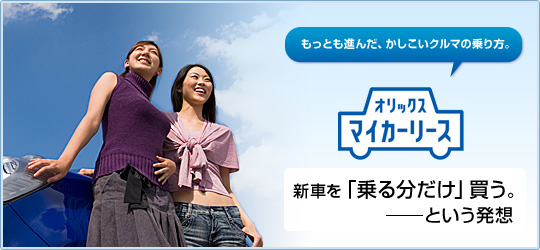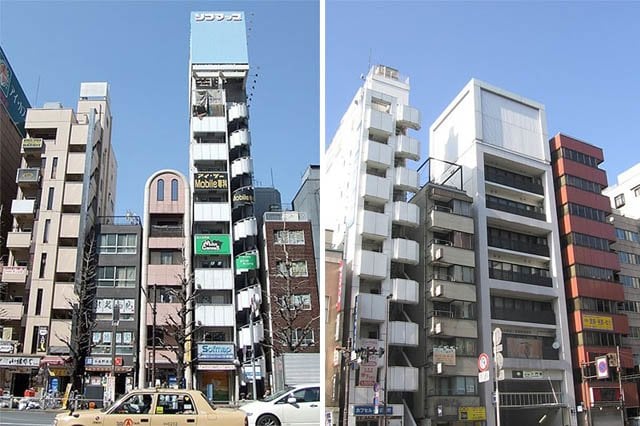The Japanese do like English, and use it to add a little je ne sais quoi to their language, but always on their own terms. Politicians, for example, will pepper their speeches with English phrases like “manifesto” “innovation” and “new millennium frontier” to show how intelligent they are, despite the fact that these words often mean very little to voters. (Maybe that’s the point?) Because the Japanese are free from the baggage of having to create grammatically correct English, they’re able to shape the language in any way that makes sense to them. Just as the Swiss accidentally hit upon the name Swatch for their Swiss watches because the designers didn’t speak enough English to know that the word sounded a little strange, the Japanese have used creative English to their advantage, coming up with terms like Re-House (a company that remodels homes), Book Off! (a used book store chain) of course the Walkman, now a part of product marketing history. Often words are simplified to make them shorter and easier for Japanese people to use, for example a convertible becomes an “open car,” screwdrivers come in “plus” and “minus” varieties, and when a man no longer wants children he might consider getting a “pipe cut.” The English word “my” is often repurposed to reflect the warm feeling associated with owning something, and banks will often advertise low rates for a “My-Home Loan” or promote the joy of owning your very own “Dream My-Car.”

If you want to enjoy your Human Car Life, you’d better get a My-Car Loan.















